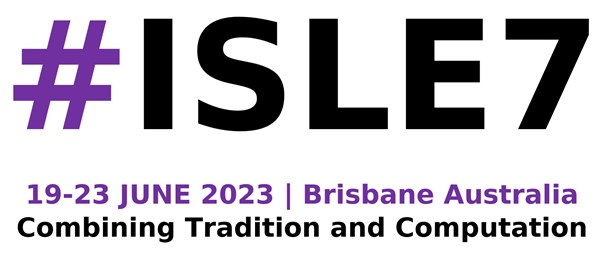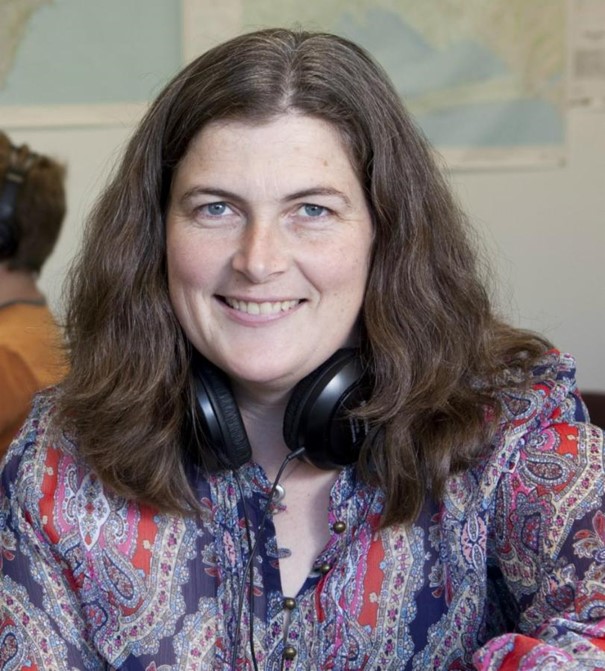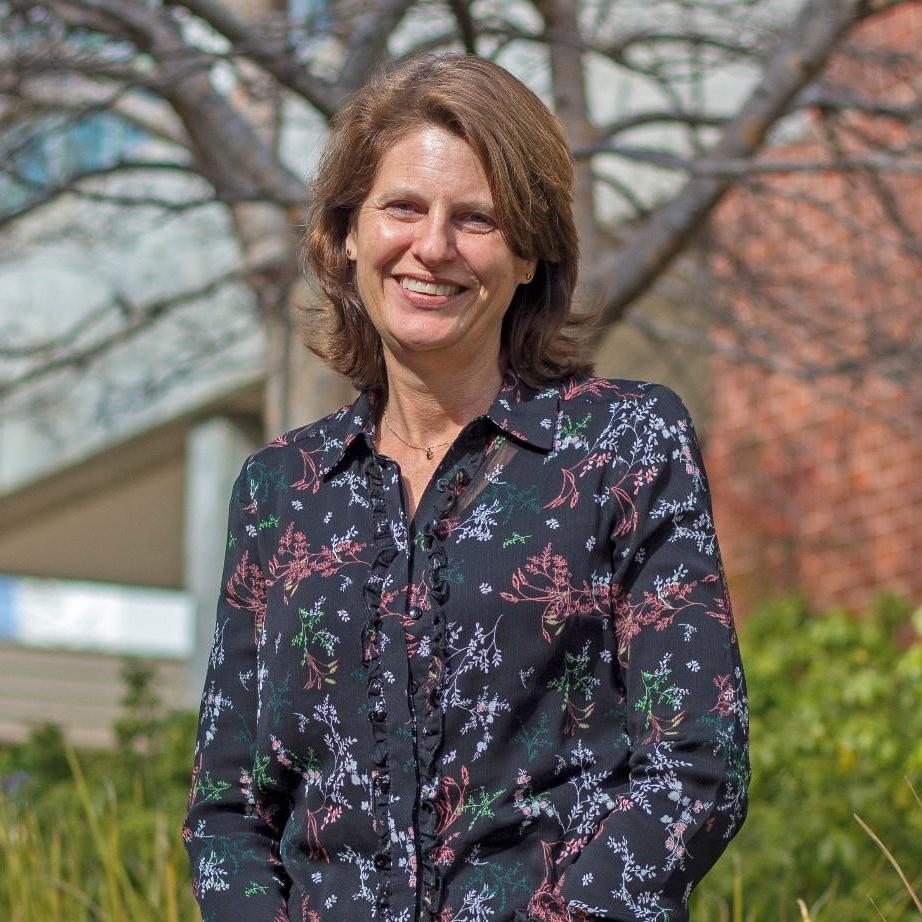Welcome to the website for ISLE 7!
ISLE 7 will take place Monday 19 June to Friday 23 June 2023, as a hybrid conference with the onsite conference taking place on the St. Lucia Campus of the University of Queensland in Australia.
ISLE 7 will be hosted by the University of Queensland School of Languages and Cultures.
The conference theme for ISLE 7 is From Tradition to Computing.

Important dates
Call for papers (will be published in early June 2022)
- Deadline for workshops and panels: September 15, 2022
- Deadline for papers: November 31, 2022
Note of acceptance
- For workshop and panels: late October 2022
- For papers: January 2023
Pre-recorded presentation files: 17 May 2023
Consent form signed: 17 May 2023
Registration closes: 1 June 2023
Ina Bornkessel-Schlesewsky | University of South Australia

Ina Bornkessel-Schlesewsky is Professor of Cognitive Neuroscience and Director of UniSA's Centre for Cognitive and Systems Neuroscience. Ina joined UniSA in 2014 from the University of Marburg, Germany. Prior to her appointment as Professor of Neurolinguistics in Marburg, she headed the Max Planck Research Group "Neurotypology" at the Max Planck Institute for Human Cognitive and Brain Sciences in Leipzig, Germany.
Ina is passionate about understanding how the human brain processes language – an interest that she first developed due to her bilingual upbringing, after having moved to Australia from Germany at the age of 7. She has championed the perspective that, in order to truly understand how the human brain processes language, we need to take into account the full diversity of the world's 7000 languages. Her research is further inspired by the recognition that language – like all human cognitive abilities – is deeply rooted in neurobiology and basic mechanisms of information processing in the brain.
With a prolific research program reflected in over 70 publications in refereed international journals, over 20 book chapters and 4 monographs / edited volumes, Ina has won more than AU$4 million in competitive grant funding. Her research has been honoured with a number of prizes, including the Heinz Maier-Leibnitz Prize (awarded by the German Research Foundation and German Federal Ministry of Education and Research), the most prestigious scientific prize for young researchers in Germany.
Jonathan Culpeper | Lancaster University

Jonathan Culpeper is Professor of English Language and Linguistics at Lancaster University, UK. His research spans pragmatics, stylistics and the history of English, all of which he has pursued at some point through corpus methods.
His major publications include Early Modern English Dialogues: Spoken Interaction as Writing (2010, CUP; with Merja Kytö), Pragmatics and the English Language (2014; with Michael Haugh), and English Language: Description, Variation and Context (2018; lead editor).
He is currently leading the corpus-based the £1 million AHRC-funded Encyclopedia of Shakespeare's Language project, which will provide evidence-based and contextualised accounts of Shakespeare's language.
Stefan Gries | University of California

Stefan Th. Gries is Professor of Linguistics at the University of California, Santa Barbara (UCSB), as well as Honorary Liebig-Professor and Chair of English Linguistics (Corpus Linguistics with a focus on quantitative methods) at the Justus-Liebig-Universität Giessen.
He was a visiting professor at the 2007, 2011, 2013, 2015, and 2019 LSA Linguistic Institutes at Stanford University, the University of Colorado at Boulder, the University of Michigan, Ann Arbor, the University of Chicago, and the University of California, Davis; he was also a Visiting Chair (2013-2017) of the Centre for Corpus Approaches to Social Science at Lancaster University and the Leibniz Professor (spring semester 2017) at the Research Academy Leipzig of the Leipzig University.
He is a quantitative corpus linguist at the intersection of corpus linguistics, cognitive linguistics, and computational linguistics and has applied a variety of different statistical methods to investigate a wide range of linguistic topics; much of his work involves the open-source software R. Gries has produced more than 200 publications (articles, chapters, books, and edited volumes) and he is an active member of more than a dozen editorial boards as well as academic societies.
Jennifer Hay | University of Canterbury

Jen Hay is Professor of Linguistics at the University of Canterbury, Director of the New Zealand Institute of Language, Brain and Behaviour, and an Elected Fellow of the Royal Society of New Zealand.
She has broad research interests spanning New Zealand English, Sociophonetics, Laboratory Phonology, and Lexical Representation, and she has published widely in these areas.
Brian Joseph | University of Alberta

Brian has been at OSU since 1979, after receiving his Ph.D. from Harvard in 1978 and spending a year as a Killam Postdoctoral Fellow at the University of Alberta.
His interests are quite broad, but are focused first and foremost on the study of language change, especially in regard to the Greek language throughout all of its historical phases, from Mycenaean up through Modern Greek, including its prehistory and how it fits into the Indo-European language family and also its more recent significant contact with its neighboring languages in the Balkans. But Brian's interests run also to other languages, especially Sanskrit and Albanian, and to other areas within linguistics, including both morphological theory and the embedding of language into social structures.
More recently, he has been working on issues of language sustainability, looking both at what has gone into making the Greek language relatively robust in its diasporic setting in southern Albania and at what we can determine about linguistic -- and concomitantly ethnic -- viability in ancient times in the eastern Mediterranean.
Catherine Travis | The Australian National University

Catherine Travis is Professor of Modern European Languages in the School of Literature, Languages and Linguistics at the ANU, and a Chief Investigator in the ARC Centre of Excellence for the Dynamics of Language, and in the Language Data Commons – Australia project.
Her research addresses questions related to linguistic and social factors impacting on language variation and change, in particular in socially diverse communities.
She has conducted large-scale projects applying quantitative methods to the study of spontaneous speech data from English and Spanish, and in monolingual and bilingual communities. Most recently, she has been undertaking a longitudinal project examining Australian English as spoken by ethnically diverse communities across Sydney (Sydney Speaks).
Contact
Email: isle7@uq.edu.au
